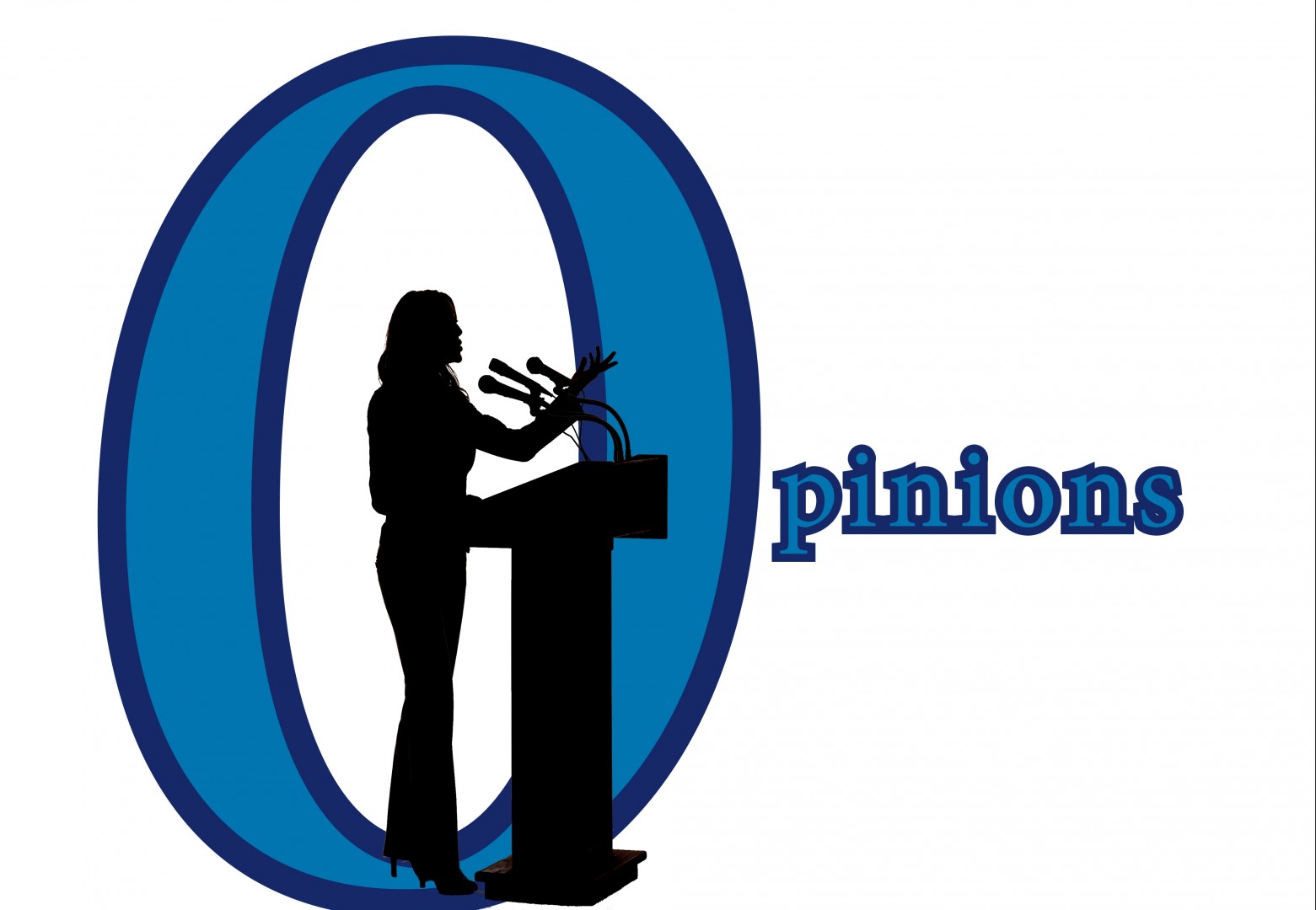Once you start playing, you cannot stop. Each level becomes more addicting, and “clearing all the jelly” immediately gets “Bootylicious” stuck in your head. According to AppData, over 100 million daily active users play the game on Facebook.
You can start the game on your phone, desktop or laptop and play anywhere from two minutes to two hours to even two days. You will be stuck on certain levels for weeks, but the feeling of finally beating it is extraordinary. That is why Candy Crush Saga and its ingenious developer, King, the UK social gaming powerhouse, are dominating the online gaming world.
Last week, King filed for an initial public offering (IPO) with the NASDAQ Stock Market. The company filed for a confidential IPO that currently values the company at $5 billion. The company was founded in 2003 and has been profitable since 2005. Of the four most popular games on Facebook, King owns 3 of them: Candy Crush Saga, Pet Rescue Saga, and Farm Heroes Saga. The current success indicates the high potential for this company to be a definite “buy” when the IPO is released. However, skeptics understand that past performance does not indicate future outcomes, and no one will ever forget what happened to Zynga (NASDAQ: ZNGA), the former ruler of the social gaming world.
Before June 2009, the gaming sphere embedded within Facebook was largely vacant. However, in less than six weeks, over 10 million daily active users were harvesting crops, exchanging cherry trees and livestock with neighbors and quickly amassing as many farm coins as possible to “level-up” in the once-addicting social network game, FarmVille.
Founded in 2007 in San Francisco, Zynga (NASDAQ: ZNGA) rapidly monopolized the gaming facet of Facebook. The company’s first release was Texas Hold’Em Poker and subsequently received millions of dollars from investors because of its immediate success with users.
When FarmVille was released in June 2009, the company watched its profits soar once again, but soon recognized its almost sole dependence on Facebook’s platform – 80 percent of Zynga’s profits were generated from its relationship with Facebook.
As profits continued to increase, Zynga quadrupled its staff to a bloated 2,900 employees by 2011 and filed for an IPO with the NASDAQ Stock Market. On Dec. 16, 2011, Zynga began publicly trading with 100 million shares valued at $10 a share. This was the biggest IPO since Google (NASDAQ: GOOG) in 2004. The growth seemed endless.
Towards the end of 2012, the boom-bust cycle caught up to Zynga. Regardless of breaking $1 billion in sales solely from FarmVille at the start of this year, Zynga’s business model failed to address the importance of seamless gaming between mobile and desktop platforms.
The number of users fell significantly, First quarter revenue for 2013 dropped by a quarter-billion dollars and the share price plummeted to a depressing $2.09. As a result, Zynga laid off 520 employees earlier this summer.
Now the billion-dollar question remains: How can King avoid Zynga’s failure and stay out of the dreaded FarmVille scrapyard?
1. Cut the fat: When King surpassed Zynga earlier this year as the largest social gaming company in the world, only 400 employees were active with the company. On the contrary, Zynga boasted 2900 employees days before its initial public offering.
2. Know your players: One of the stark differences between King and Zynga is that King has a fully operational website that it utilizes as a pseudo-testing arena. Zynga piggybacked off Facebook and solely depended on its users to generate revenue, which quickly ended as mobile gaming won popularity. King’s website, King.com, includes numerous games that have yet to be released on Facebook. King monitors the popularity of these games, and if the game becomes a hit on the website, it will graduate the game to a Saga and embed it seamlessly within Facebook, both on mobile and social platforms.
3. Create winners: Mobile and social gaming are vapid, and thus, the tastes of its users will constantly change. King has a successful method of testing games before it releases them to the Facebook platform, whereas Zynga began buying up other developers in hopes of landing the next “hit.” King knows its specialties and has not diverted from them. It concentrates its development on arcade and skill games, and avoids spreading itself too thin like Zynga when it began tampering with zombie games, third-person shooters and other random genres.
As long as users continue to dish out hundreds of dollars for special candies and extra lives, and as long as level 35 remains largely unbeatable without acquiring carpal tunnel, Candy Crush Saga will continue to remain the most addicting game on the net. Even if Candy Crush lost all of its users, King still has a handful of addicting games in its pocket ready for release and ready to meet the tastes and addictions of its players.
Keep an eye out for this upcoming IPO hit, and in the meantime, try to pay attention to real life for more than 20 minutes while you wait for more lives.
Rod’s 5 Stocks to Watch:
CannaVEST Corp
(OTC: CANV)
BioZone Pharmaceuticals Inc
(OTC: BZNE)
EOG Resources Inc
(NYSE: EOG)
Cypress Semiconductor Corp
(NASDAQ: CY)
Scholastic Corp
(NASDAQ: SCHL)










